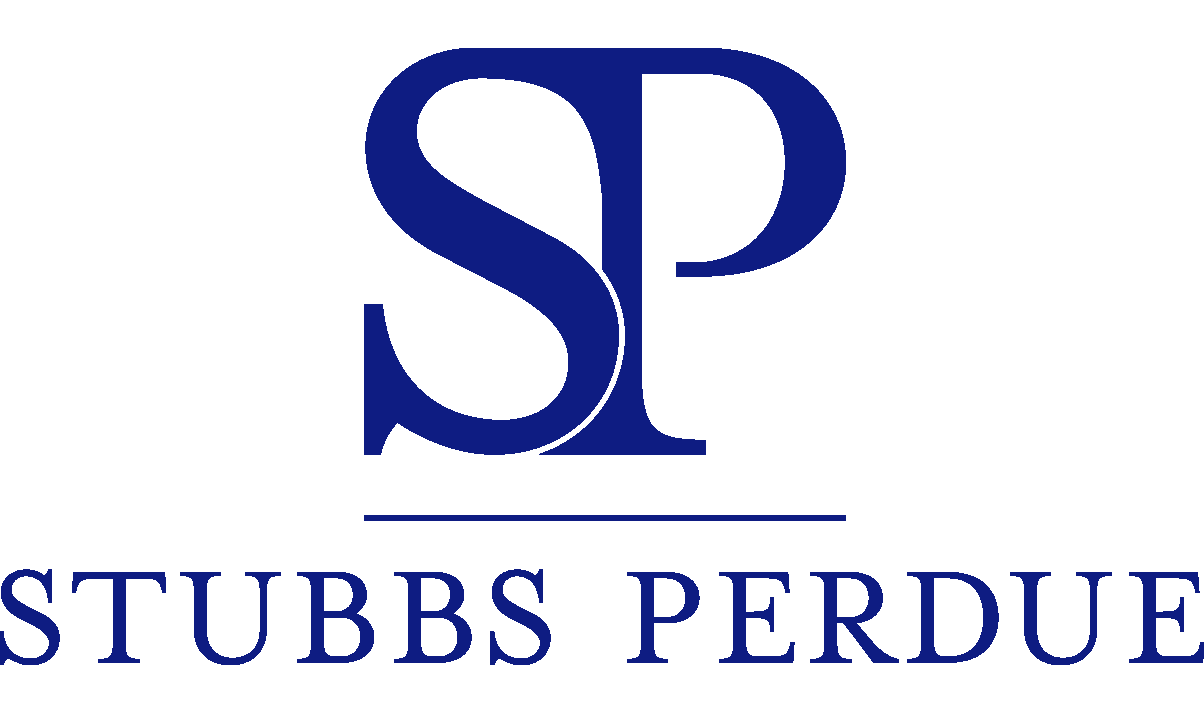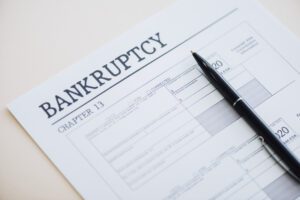Facing Financial Hurdles? There’s a Way Forward
Financial difficulties can arise unexpectedly, impacting anyone from military families to retirees living in North Carolina. When the risk of foreclosure becomes a reality, it’s crucial to know the alternatives available. This discussion is designed to empower you with knowledge and options to navigate these challenging times effectively.
Understanding Foreclosure in North Carolina
Foreclosure in North Carolina involves a legal process where a lender attempts to recover the balance of a loan from a borrower who has stopped making payments. This typically results in the forced sale of the home used as collateral for the loan. The process is strictly regulated, providing clear steps and rights for homeowners, which can include redemption periods and notice requirements.
What Are Some Foreclosure Alternatives in NC?
- Mortgage Modification:
Altering the terms of your mortgage can provide much-needed relief and possibly prevent foreclosure. Many lenders in North Carolina are open to modifying loan terms, which may include reducing the interest rate, extending the loan term, or converting a variable interest rate to a fixed one. - Refinancing:
Refinancing your mortgage might be a feasible option if you can secure a lower interest rate or a longer repayment term. This can lead to lower monthly payments, making it easier to manage your finances without the impending threat of losing your home. - Considering a Short Sale:
If you owe more on your home than it’s worth, a short sale might be the right path. This means selling your home for less than the outstanding mortgage and negotiating with your lender to accept the proceeds as full payment. Though challenging, this route can avert a foreclosure and lessen damage to your credit score. - Deed in Lieu of Foreclosure:
This is a last-resort option where you voluntarily transfer the deed of your property to the lender in exchange for release from your mortgage obligations. While it does have an impact on your credit, it’s less severe than a foreclosure and can provide a quicker recovery period. - Bankruptcy:
Bankruptcy should be considered carefully as it has significant long-term effects. However, filing for Chapter 13 bankruptcy might allow you to keep your home and set up a repayment plan for debts. Chapter 7 may also temporarily stop foreclosure, though it often involves liquidating assets to pay off debts.
Legal Support: Why It Matters
The complexities of managing foreclosure alternatives necessitate professional guidance. A knowledgeable attorney can provide personalized advice, ensuring you choose the best course of action based on your specific circumstances.
Knowing Your Options
Understanding your options is the first step towards making informed decisions about your financial future. Each alternative offers different benefits and should be considered carefully against your personal and financial situation.
Ready to Explore Your Options? Contact Us Today
If you’re facing foreclosure, don’t navigate this alone. Reach out to us for a personalized consultation to explore your foreclosure alternatives. Our experience in North Carolina real estate and bankruptcy law can help you regain control of your financial situation.
This content is for informational purposes only and does not constitute legal advice. Engaging with this material does not create an attorney-client relationship. Results vary based on individual circumstances, and specific outcomes cannot be guaranteed.





